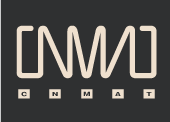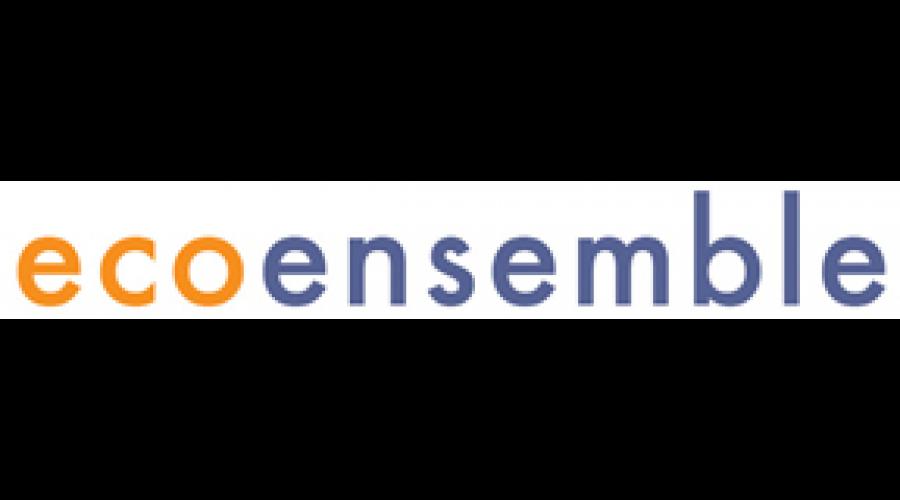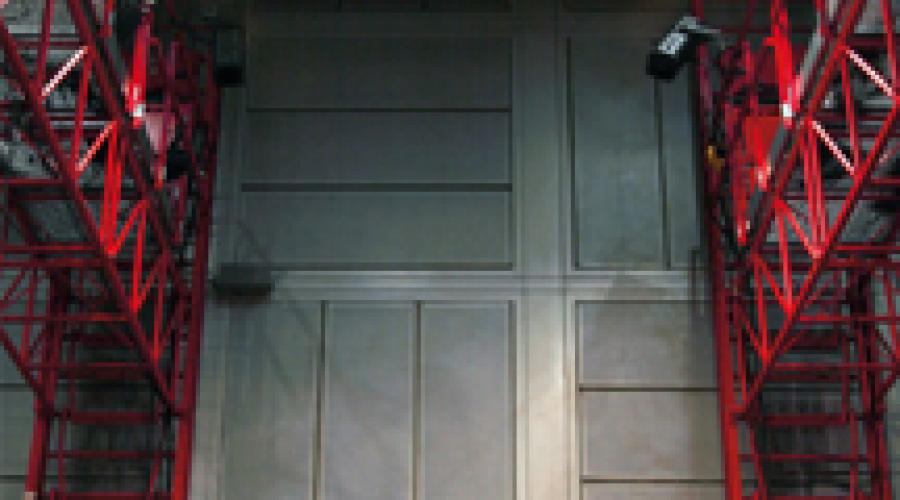Archive
CNMAT Flashback
A look back at some items in our archives.
Cal Performances presents: Composer Portrait -- Esa-Pekka Salonen, featuring the Eco Ensemble
Presentation of the new sound spatialisation system installed at IRCAM, featuring UC Berkeley composer Rama Gottfried
Archive Browser
Node Number Lookup
if((int)$_GET['n']) {
$i = (int)($_GET['n']);
if(node_load($i)) {
drupal_goto(sprintf("node/%d", (int)($_GET['n'])));
} else {
echo "Node #{$i} does not exist.";
}
}
?>
Email Overdue Checkouts
//check the log file for the last time an email was sent
$logfile = "/home/www-data/berkeley.edu-cnmat.www/htdocs/var/log/checkout-notifications.log";
$filetime = filemtime($logfile);
$diff = time() - $filetime;
//echo $diff;
echo " ";
$recipients = '';
//get the view with the checkouts
$view = views_get_view('checkouts_pastdue');
//gets the items in the view
$items = views_build_view('items', $view, null, false, 0, 0, 0, $filters);
$res = $items['items'];//results
//go through each result and get the node of the checkout and from there find and email the user
foreach($res as $r){
//print_r( $r);
$nd = node_load( $r->nid);
//print_r($nd);
$usr = user_load(array('name' => check_plain($nd->name)));
$email = $usr->mail; //here is the user's email address.
$recipients[]=$email;
$fieldval = $nd->field_notifications[0]['value'];
//the email body
}
//
$body = "Your equipment checkout on the CNMAT website has ended. Please return the items or update your checkout information.
www.cnmat.berkeley.edu/checkouts ";
$recipients = array_unique($recipients);
foreach($recipients as $person){
echo $person;
echo '
';
}
?>
Music Information Center Taxonomy
$vid = 2577; // Set the vid to the vocabulary id of the vocabulary you wish to list the terms from
$tid = 4662; //if you need to use a term also
$pole = array();
$items = array();
$terms = taxonomy_get_tree($vid, $tid);
//$terms = taxonomy_get_tree($vid);
$output .= "
- \n";
- \n";
//$output .= l($term->name, "mic/$term->tid");
$results = taxonomy_select_nodes(array($term->tid), 'or', 0, FALSE, 'n.sticky DESC, n.created DESC') ;
//$output .= "- \n";
- nid\"> $node->title \n";
$loaded = node_load($node->nid, NULL, FALSE);
$output .= "- \n";
- ";
if ($loaded_term->vid!=2577){
$output .= " - tid\"> $loaded_term->name \n";
}
//$output .= l($loaded_term->name, mic_resource/$loaded_term->tid);
}
//$output .= "
foreach($loaded->taxonomy as $loaded_term){
//$output .= "\n";
//>contents['field_core_component']
}
$output .= " - ";
while ($node = db_fetch_object($results)) {
$output .= "\n";
}$output .= "
- nid\"> $node->title \n";
foreach ( $terms as $term ) {
//$output .= "
\n";
print $output;
?>
Clear Node Taxonomy
if(isset($_POST['submit'])) {
$nid = $_POST['nid'];
$node = node_load($nid);
if ($node==NULL){
drupal_set_message(t($nid.' is not a valid NID'), 'error');
} else {
taxonomy_node_save($nid,array());
drupal_set_message(t('removed terms on node '.l($node->title?$node->title:$nid, "node/$nid")));
}
}
?>
o.
Latest release:
Telematic Video
MMJ Externals
include('/home/www-data/berkeley.edu-cnmat.www/maxdl/maxdl-new/externs_overview.html');
?>
Old Versions of the CNMAT MMJ Depot
list_old_depot_versions();
?>
Externals archives
list_old_extern_versions($filepath, $baseurl, $archivepath, $archiveurl);
?>
Downloads for Max/MSP/Jitter including the MMJ Depot
Introduction:
Most users will want to download the Everything package for their platform. This package must be extracted and its location added to the MaxMSP search path. It is also possible to download individual items, however these are all contained in the Everything package.
Copyright:
All downloads are Copyright 1996- by their respective authors. All rights reserved. Most objects will report copyright and version information in response to the 'version' message on the first inlet.
Older Versions:
We no longer release objects in the CFM binary format for versions of MaxMSP prior to 4.5. The last package created of CFM objects can be obtained here. Objects for Mac OS9 are found here.
We are no longer supporting the Max 4 file format in the CNMAT MMJ Depot. The last Max 4 release can be found here (version 1.56).
include("/home/www-data/berkeley.edu-cnmat.www/maxdl/index-new.php");
?>
People
People involved at CNMAT are from a wide range of disciplines and are drawn together by their common interest in exploring the world of music. The principals are specialists in musical composition, musical psychoacoustics and computer science.
CNMAT Research Themes
- Protocol and encoding development including Open Sound Control (OSC) and the Sound Description Interchange Format (SDIF)
- New sensor technologies and interface modalities: sensor fusion, integration.
- New sense-enabled media: conductive/resistive fibre, malleable media.
- eTextile, conductive paper and other materials for the New Lutherie
CNMAT Controller Library
The CNMAT Controller Library is a diverse collection of gesture controllers representative of the last 100 years of devices used for musical control.
Music, Media and Gesture Representation
SDIF
===
Sponsors
CNMAT is a part of the music department at the University of California at Berkeley. The University provides our three story building on beautiful grounds overlooking the Golden Gate bridge and San Francisco bay. Professors from the University run the center and lead the teaching efforts here. The University has also been generous in providing funding for a small number of staff while the center works on developing an endowment.
Downloads
|
CNMAT Externals objects for Max & MSP: |
|---|
test
test
Research
Selected Research Publications from CNMAT from 1989 to the Present
Areas of Research include:
People
[We will discuss what goes here]


